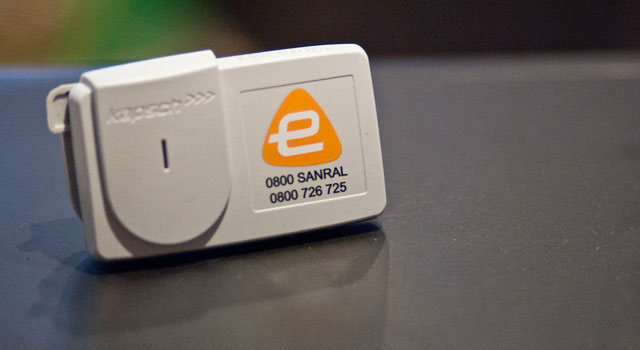
Gauteng’s e-tolling system is not a “perfect solution”, transport minister Dipuo Peters said in Pretoria on Tuesday.
“This project … is not the perfect solution, but doing nothing was not an option,” she told the e-tolls review panel appointed by Gauteng premier David Makhura.
The public was consulted extensively and roads agency Sanral could not be blamed for the project, she said. “Sanral does not implement policy, it follows it.”
The poor would not be affected as the public transport they used was exempt from paying tolls.
She expressed confidence in the panel and hoped it would “address the truths and the lies about the project”.
Peters said she was disappointed that motorists had rejected the project, despite court rulings that gave the go-ahead for the system.
The public was consulted before the system was implemented and government continued to listen to and consider people’s views, she said.
“Toll collection was postponed twice after various stakeholders raised their concerns.”
Talks of upgrading the province’s roads began in 1996. This was two years before the establishment of Sanral, which was appointed to upgrade the roads.
“At its core, the GFIP [Gauteng Freeway Improvement Project] was approved by the central government in 2007,” Peters said.
South Africa had 10m vehicles, 2,5m of which were in Gauteng, and a million of which used the highways.
The transport department and Sanral were expected to make presentations to the panel over the next three days.
Makhura established the panel on 17 July to examine the economic and social impact of the GFIP and the electronic tolling system set up to fund it. The panel is expected to present its findings to Makhura at the end of the month. — Sapa

